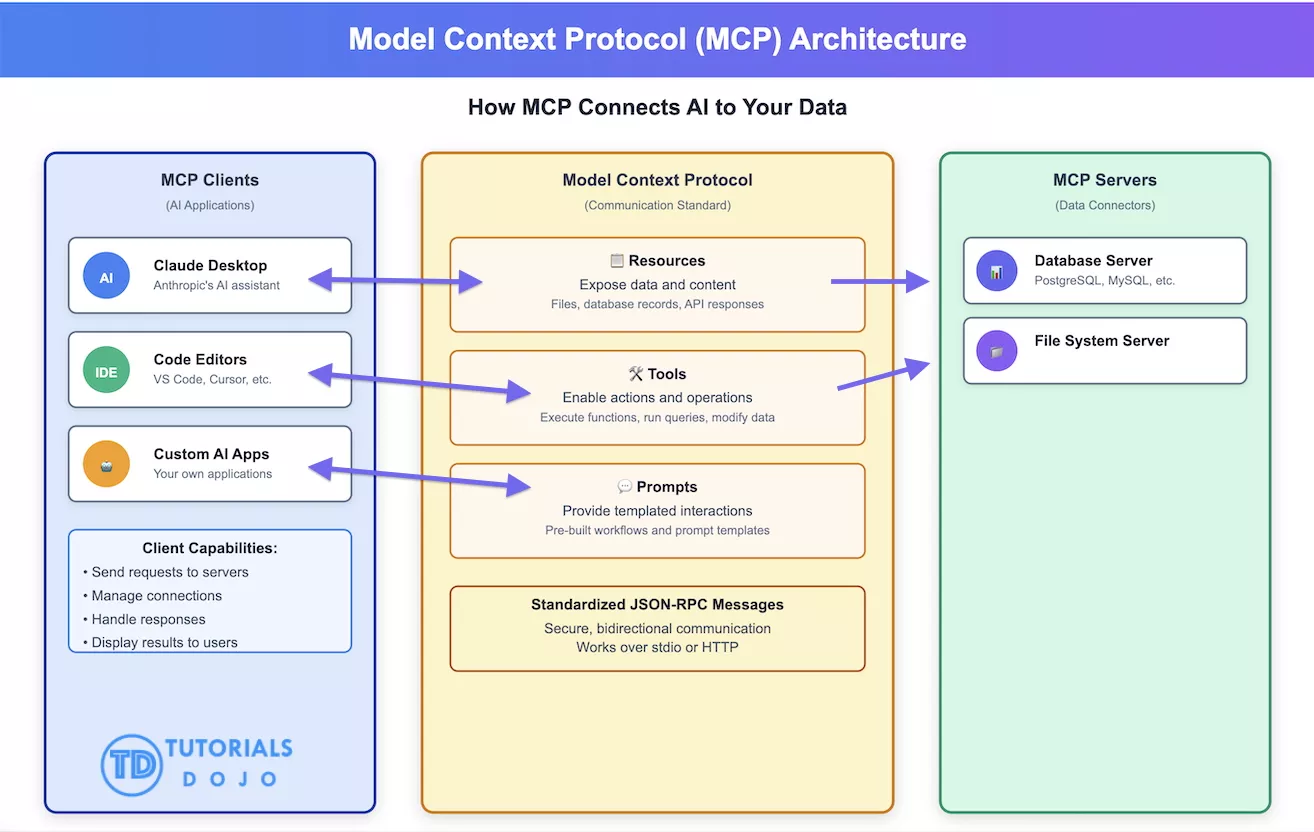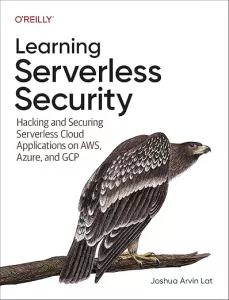Last updated on November 16, 2025
-
An open, model‑agnostic protocol introduced by Anthropic in November 2024, designed to standardize how AI systems (huge language models, LLMs) connect with external data sources and tools via a JSON‑RPC interface.
- Often likened to a “USB‑C port for AI,” offering a universal interface rather than bespoke integrations per system.
Key Benefits of MCP
-
Provides a standardized interface so LLMs can easily connect to multiple tools and data sources without custom adapters.
-
Solves the “N×M” problem, removing the need to build a unique connector for every AI–tool combination.
-
Ensures structured and validated exchanges, supporting better debugging, version control, and reliability in multi-agent systems.
-
Gives developers access to a growing set of pre-built servers (e.g., GitHub, Slack, Google Drive) that can be reused across AI apps.
-
Enables secure, offline-capable MCP servers, allowing agents to run locally without exposing sensitive data.
-
Supports OAuth 2.1 and authorization safeguards, ensuring secure communication and controlled resource access.
-
Allows LLMs to autonomously orchestrate multi-step tasks, deciding which tools to use and chaining actions together.
Examples
-
Pre-built servers: GitHub, Google Drive, Slack, PostgreSQL, Puppeteer.
-
Enterprise adoption: Block (Square), Replit, Codeium, Sourcegraph.
-
Platform support:
-
OpenAI → ChatGPT desktop app, Agents SDK, Responses API.
-
Google DeepMind → Gemini models.
-
Microsoft → Windows AI Foundry, Copilot Studio.
-
-
Claude Desktop → Can browse local files via MCP.
Use Cases
-
Replit/Zed assistants read project context.
-
Pull CRM, docs, and knowledge bases into workflows.
-
Natural-language queries → SQL → results.
-
Search docs → query DB → send Slack message.
-
LLMs plan & execute resource functions.


















